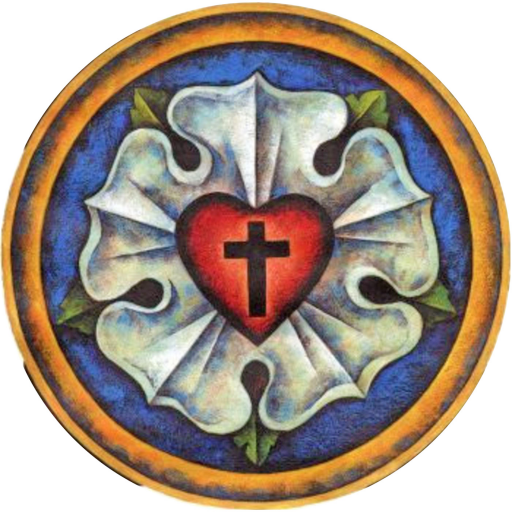I read in a book that a man called Christ went about doing good. It is very disconcerting to me that I am so easily satisfied with just going about.
Toyohiko Kagawa was born under less than auspicious circumstances, to an philandering businessman and a concubine. As a child, both of his parents passed away, and he was sent away to school. Two American missionaries from the Presbyterian Church (US), Drs. Harry Myers and Charles Logan, took him into their home at the time, and were important mentors to him. From them, Kagawa learned English, and became a Christian, for which his extended family disowned him. As he grew older, Kagawa went on to study at Tokyo Presbyterian College, and then at Kobe Reformed Theological Seminary.
Around the time of his seminary studies, he moved into a slum in Kobe with the intention of acting as a missionary and social worker. Regarding his seminary experience, he perceived and was troubled by an overwhelming concentration on technical doctrines. He believed that Christianity in action was the truth of Christian doctrines, referencing the parable of the Good Samaritan as his inspiration.
In 1914, he had the opportunity to come to the United States, to study at Princeton Theological Seminary, affiliated with the Presbyterian Church. While at Princeton, he also pursued additional studies at Princeton University in the sciences. During his time at Princeton, he was focused on learning ways to combat the sources of poverty. There, he published a paper entitled Researches in the Psychology of the Poor, drawing from his experiences in the slums of Kobe. In his paper, he exposed underreported conditions of slum life and culture, such as Japan’s legal prostitution, informal marriages, and acceptance of money to care for children that were in turn killed.
After returning to Japan, he particpated as a labor activist with striking workers, and was arrested multiple times in the process. While in prison, he wrote two novels – Crossing the Deathline and Shooting at the Sun. After release from prison, Kagawa helped to organize relief work in Tokyo following a 1923 earthquake, and worked to help establish the universal right for men to vote in 1925. In the next few years, he organized both the Japanese Federation of Labour, and the National Anti-War League. Though this time, he continued to evangelize among the poor, and to campaign for women’s suffrage and peaceful foreign policy.
For some years, his evangelical work was conducted through founding and spreading his Kingdom of God movement. This development was born in his study of the Huguenots of France, and an impression of the power of Christianity to fashion the moral, social, political, and religious ideals of a nation.
In 1940, Kagawa made a public apology to China for Japan’s occupation, and was arrested. After release from prison, he traveled to the United States to help prevent conflict with Japan. Though war did ensue, after Japan’s surrender he served as an advisor to the transitional Japanese government.
During his life, he wrote over 150 books. He was nominated for the Nobel Prize in Literature in both 1947 and 1948, and the Nobel Peace Prize in both 1954 and 1955. Toyohiko Kagawa would pass away in 1960, at the age of 71. After his death, he was awarded the second-highest honor of Japan – induction into the Order of the Sacred Treasure. He is commemorated in the ELCA as a renewer of society on April 23. Aside from his social activism, he also made strides in modern forest farming techniques. In the 1930s, he addressed problems of soil erosion by persuading many of Japan’s upland farmers to plant fodder trees to conserve soil, supply food, and feed animals. He was an inspiration to Robert Hart, who pioneered forest gardening in temperate climates.
What can we learn from the life of Toyohiko Kagawa? From his less than auspicious beginnings, strangers offered hospitality and introduced him to a life of faith. His own family rejected him, yet his unquenchable vision led him to follow Christ among the disenfrachised, spreading the Word of God and reaching far beyond Japan into the world. His life can inspire us as we embrace the Gospel in its transformative power. The same Holy Spirit that transformed his life will transform our own, as God’s gift to us and the world. Let us pray.
God of Promises, You bring us out of darkness into the light of day, springing up as new life from winter’s soil. Bless us to recognize Your faith working a new work in us, for you continue to do a new thing. Spark our senses to perceive it, to nurture it, and through it, transform the world for the sake and dignity of all people. Hear us, and in us, reveal Your glory in all its brightness. In the name of the One who walked among us, and who leads us in every day of our lives. Amen.
